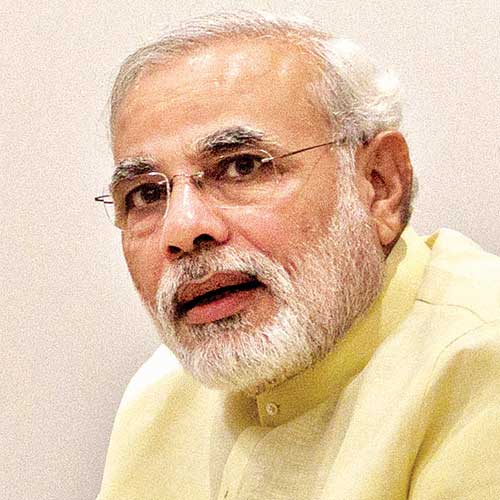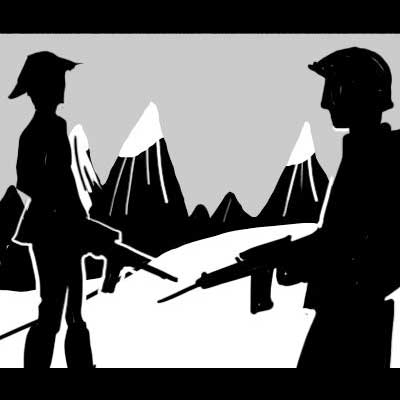Eating the largest meal of the day in the morning rather than the evening boosted fertility among women with a common menstrual problem.
Studies have previously shown what the timing of our meals, and not just the total calorie intake, can affect our weight but the findings suggest it also affects insulin resistance and hormone levels.
As a result, it could increase the chance of people with Polycystic Ovary Syndrome (PCOS), a menstrual problem which affects 6-10 per cent of women of childbearing age, being able to have children, researchers said.
PCOS causes patients to become resistant to insulin, resulting in an increase in male sex hormones known as androgens and impairing their ability to conceive.
Researchers from the Hebrew University of Jerusalem and Tel Aviv University studied 60 patients with PCOS, who were aged between 25 and 39, over a 12-week period.
Each of the patients was told to eat about 1,800 calories per day, slightly below the recommended daily total for women, but with half having their main meal of the day at breakfast and the other half at dinner.
The findings, published in the Clinical Science journal, found that there were higher levels of ovulation in the group who ate their largest meal, typically measuring about 980 calories, in the morning.
Among the "big breakfast" group, glucose levels and insulin resistance decreased by eight per cent while levels of the androgen testosterone dropped by 50 per cent, while there was no change in those who ate their larger meal at dinner time.
Prof Oren Froy, who led the study, said: "The research clearly demonstrates that indeed the amount of calories we consume daily is very important, but the timing as to when we consume them is even more important."
Credits: telegraph.co.uk - Nick Collins
Studies have previously shown what the timing of our meals, and not just the total calorie intake, can affect our weight but the findings suggest it also affects insulin resistance and hormone levels.
As a result, it could increase the chance of people with Polycystic Ovary Syndrome (PCOS), a menstrual problem which affects 6-10 per cent of women of childbearing age, being able to have children, researchers said.
PCOS causes patients to become resistant to insulin, resulting in an increase in male sex hormones known as androgens and impairing their ability to conceive.
Researchers from the Hebrew University of Jerusalem and Tel Aviv University studied 60 patients with PCOS, who were aged between 25 and 39, over a 12-week period.
Each of the patients was told to eat about 1,800 calories per day, slightly below the recommended daily total for women, but with half having their main meal of the day at breakfast and the other half at dinner.
The findings, published in the Clinical Science journal, found that there were higher levels of ovulation in the group who ate their largest meal, typically measuring about 980 calories, in the morning.
Among the "big breakfast" group, glucose levels and insulin resistance decreased by eight per cent while levels of the androgen testosterone dropped by 50 per cent, while there was no change in those who ate their larger meal at dinner time.
Prof Oren Froy, who led the study, said: "The research clearly demonstrates that indeed the amount of calories we consume daily is very important, but the timing as to when we consume them is even more important."
Credits: telegraph.co.uk - Nick Collins






